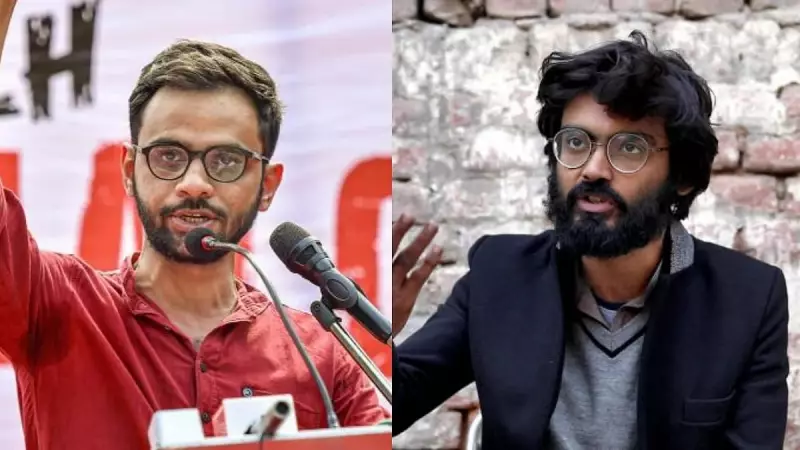
In a dramatic development at the Supreme Court, Delhi Police have vehemently opposed the bail applications of student activists Umar Khalid and Sharjeel Imam, alleging they were involved in activities aimed at nothing less than complete "regime change" in the country.
The Prosecution's Stance
During the heated court proceedings, Additional Solicitor General SV Raju, representing the Delhi Police, presented a stark picture of the allegations. He asserted that the evidence clearly demonstrates the accused were not merely involved in protests but were actively engaged in a larger conspiracy with far-reaching consequences.
Charges and Allegations
The prosecution's case rests on several serious allegations:
- Planning and executing a conspiracy to ensure regime change
- Organizing and participating in the larger conspiracy behind the 2020 Delhi riots
- Engaging in activities that threatened national security and public order
- Using protests as a cover for more sinister political objectives
Legal Battle Intensifies
The Supreme Court bench, comprising Justice JB Pardiwala and Justice Manoj Misra, is currently examining the bail pleas after the Delhi High Court previously denied relief to both accused. The legal battle has become a focal point in the ongoing cases related to the 2020 violence that shook the national capital.
Broader Implications
This case represents a significant moment in India's legal and political landscape. The allegations of "regime change" activities mark some of the most serious charges brought against civil society activists in recent years. The outcome of this bail hearing could set important precedents for how similar cases are handled in the future.
The court has scheduled further hearings, keeping the legal community and civil society organizations watching closely as this high-stakes legal drama continues to unfold in the nation's highest court.





